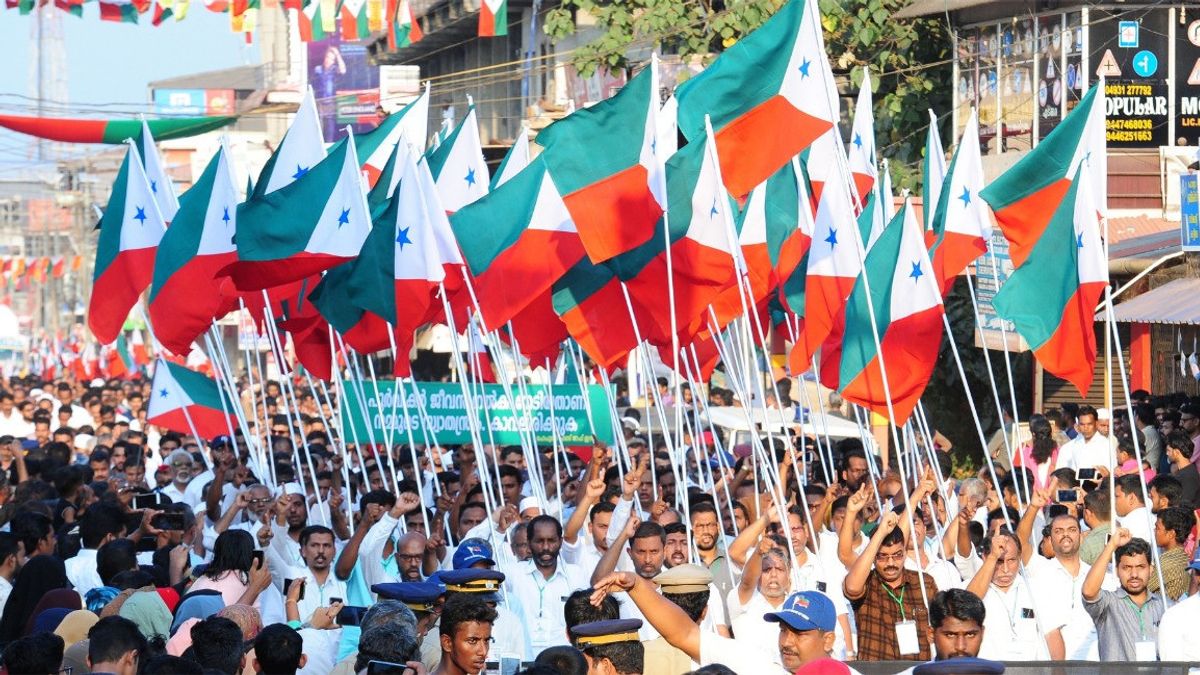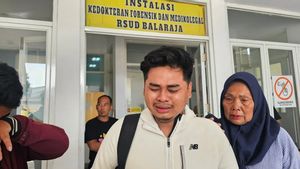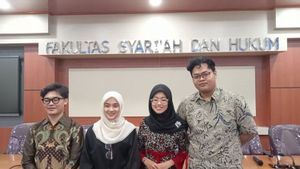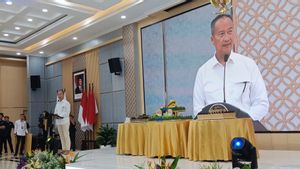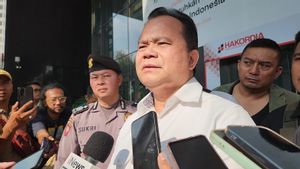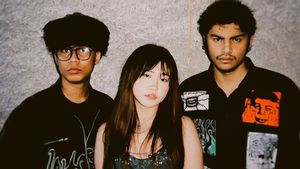JAKARTA - Indian authorities declared the Islamic group of the Popular India Front (PFI) and its affiliates unlawfully on Wednesday, accusing them of being involved in "terrorism" and banned them for five years, after authorities detained more than 100 PFI members this month.
PFI did not immediately respond to an email seeking comment, but its also banned student wing, the Indian Campus Front (CFI), called the government's actions a political and propaganda revenge.
"We are against the concept of a Hindu state, we are against fascism, not India," Imran P.J., CFI's national secretary, told Reuters, as quoted September 28.
"We will overcome this challenge. We will revive our ideology after five years. We will also consider going to court against the ban."
On Tuesday, PFI denied allegations of violence and anti-national activity, when its office was raided and dozens of its members detained in various states.
The Interior Ministry, in announcing the ban, said in a statement that PFI and its affiliates had been "founded to be involved in serious offenses, including terrorism and its funding, targeting horrific killings, ignoring constitutional arrangements".
However, Imran denies involvement in terrorism. Imran said the government did not provide evidence to support allegations that PFI was involved in terrorism or collaborating with ISIS.
The government said in a notice it had banned PFI and its affiliates CFI, the Indian Rehab Foundation, the All-India Imam Council, the National Confederation of Human Rights Organizations, the National Women's Front, the Junior Front, the India Empowerment Foundation and the Rehab Foundation, Kerala.
The government said it found "a number of examples of PFI's international relations with global terrorist groups", adding some of its members had joined ISIS and participated in "terror activities" in Syria, Iraq, and Afghanistan.
It is known, PFI has supported causes such as protests against 2019 citizenship laws that are considered discriminatory by many Muslims, as well as protests in the southern state of Karnataka this year, demanding the right for Muslim female students to wear headscarves in class.
The ban is likely to spark protests among opponents of the government, which maintains widespread public support and a comfortable majority in parliament, eight years after Modi first became prime minister.
The English, Chinese, Japanese, Arabic, and French versions are automatically generated by the AI. So there may still be inaccuracies in translating, please always see Indonesian as our main language. (system supported by DigitalSiber.id)
